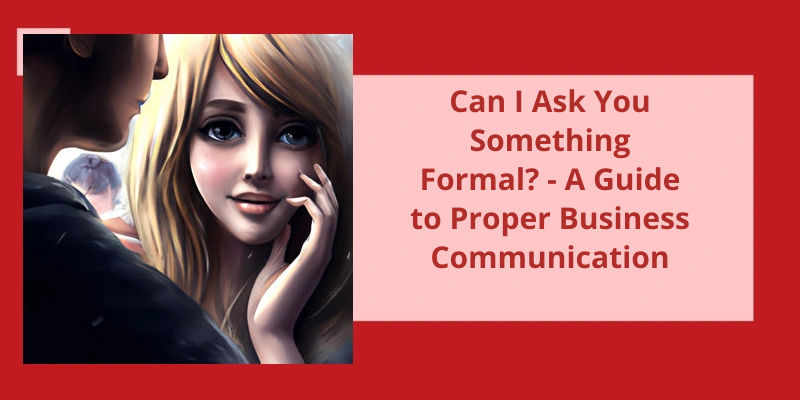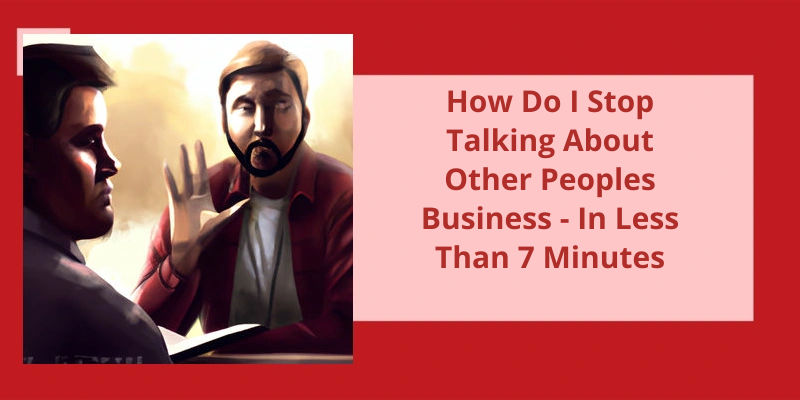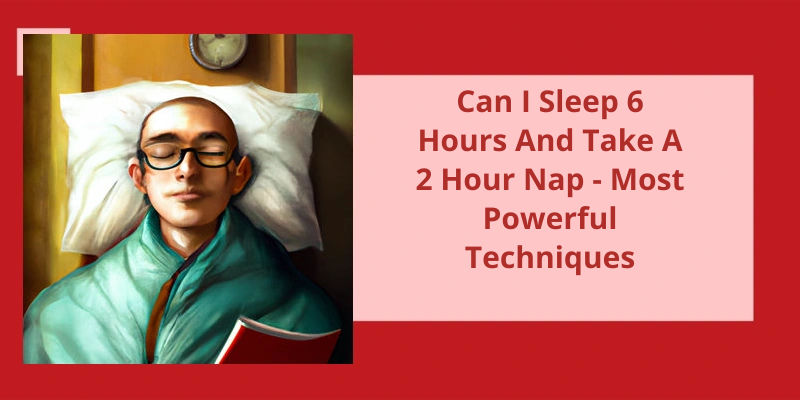Greetings! It’s my pleasure to address you in a formal setting. As we move towards a more digital and automated era, it’s important to maintain strong communication skills and etiquette, even through electronic means. With that being said, I’d like to respectfully inquire and request for your attention and consideration towards a matter of importance. In our fast-paced world, it may be easy to overlook the significance of human connection and sincerity, but it’s my hope that through this interaction, we can transcend beyond the limits of technology and embrace the value of genuine human interaction. Thank you for your time and willingness to engage in this exchange.
How Do You Politely Ask a Formal Question?
When it comes to asking formal questions, it’s important to use proper language and etiquette to convey your message effectively. One way to do this is by using indirect questions instead of direct ones. This approach will help you avoid sounding too demanding or abrupt, which is often frowned upon in formal settings. Instead of asking, “What time does the meeting start?” you could say, “I’d be grateful if you could tell me what time the meeting starts,” which shows respect and politeness.
Another way to ask formal questions is to use phrases that convey your gratitude or appreciation for the other persons time and effort. For example, you could say, “I’d appreciate it if you could tell me the deadline for the project,” or “I was wondering if you could provide me with more details about the job description.”. Such expressions of gratitude can go a long way in building positive relationships with your colleagues and superiors.
When writing a formal email or letter, it’s essential to keep your tone professional and avoid using slang or informal language. Your message should be clear and concise, without any unnecessary information that could confuse or mislead the reader. Using proper salutations and closing phrases, such as “Sincerely” or “Thank you for your time,” can also help you come across as more polite and respectful.
It’s also important to do your research before asking a formal question. Make sure that you’ve all the relevant information about the topic you want to inquire about, including any deadlines, specifics, or requirements. This will show that you’re serious and prepared, which can earn you more respect and credibility.
Asking formal questions requires some tact and diplomacy to be effective. By using indirect questions, showing gratitude and appreciation, using proper language and etiquette, and doing your research, you can convey your message politely and professionally, and build strong relationships with your colleagues and superiors. So next time you need to ask a formal question, remember to be courteous and considerate, and youll be well on your way to success.
When it comes to speaking formally, there are certain phrases that can help make your communication sound more refined and courteous. One such phrase is “I’d like to ask,” which is commonly used to introduce a question or query. However, there are other ways to express the same sentiment with greater politeness and sophistication. Let’s explore some alternate options you can use to add a touch of formality to your speech.
How Do You Say I Would Like to Ask in Formal Way?
Using the word “ask” in formal settings can sometimes come across as too direct or persistent, which may be perceived as impolite. On the other hand, using expressions such as “I’d like to know” or “I’d like to enquire” signals a courteous and respectful tone, making the recipient more willing to provide the necessary information, assistance, or support.
In written or spoken communication, it’s crucial to adopt an appropriate level of formality to establish credibility and maintain a positive image. Using polite phrases, such as “May I ask,” “Could you tell me,” or “Would it be possible to,” can convey professionalism, sincerity and consideration. These expressions show that you value the other persons time and opinion, and that you aren’t demanding or assuming that they’ll comply with your request.
In formal or business contexts, it’s essential to avoid using abrasive or aggressive language, which can lead to misunderstandings, conflicts, or resentment. Asking in a polite manner, in this case, can facilitate effective communication and collaboration between various stakeholders, such as clients, colleagues, or partners. Moreover, being mindful of cultural and social norms when using formal language can prevent any unintended offense or miscommunication.
When seeking information or clarification, it’s advisable to use open-ended questions to encourage the other person to share their thoughts in a more detailed and structured way. For instance, instead of merely asking “What’s the answer?”, you could phrase it as “Can you please explain how you arrived at this conclusion?” or “Could you provide more context around this topic?”. These types of questions show that you’re interested in learning and understanding, rather than just seeking the answer.
Lastly, using formal language, along with appropriate body language and tone of voice, can contribute to building trust, credibility, and strong relationships. By showing respect and sensitivity to others needs and perspectives, you can establish yourself as a reliable and trustworthy communicator, who’s open to feedback and willing to learn and grow. Thus, it’s essential always to be mindful and intentional when using language in professional or personal settings.
Source: formal way of saying “I want to” – English Stack Exchange
Conclusion
In conclusion, asking someone formally isn’t only a polite gesture but also shows respect towards the other person. It’s important to use formal language and expressions in certain situations and contexts, such as in a professional setting or when addressing someone in a position of authority. By using formal language, we demonstrate our professionalism, courtesy, and cultural awareness. However, it’s also essential to balance formality with authenticity and sincerity to avoid sounding robotic or insincere. Ultimately, asking someone formally is a way of building relationships based on trust, mutual respect, and effective communication.






